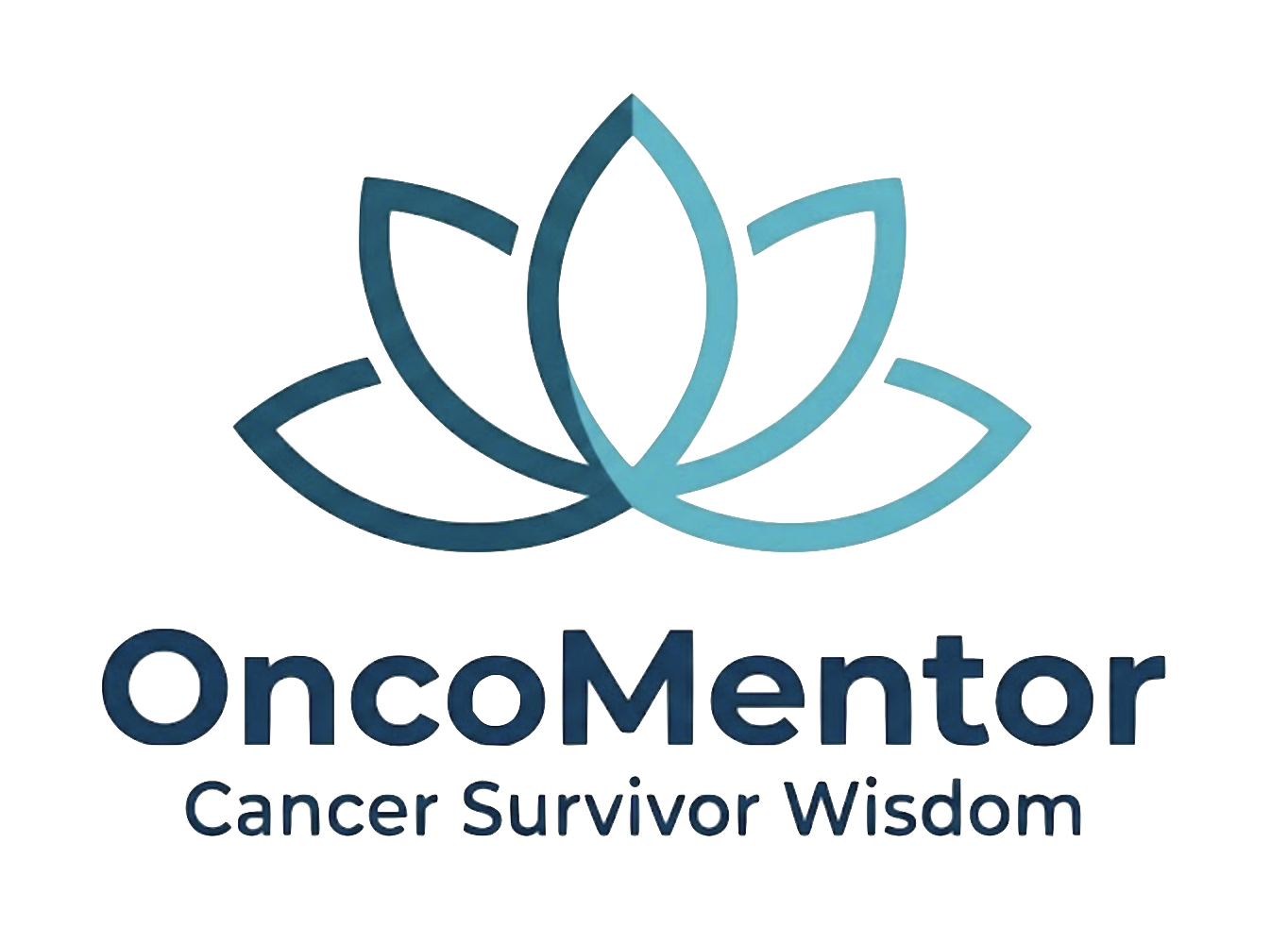For the nearly 20 million Americans now living with a history of cancer, the journey of survivorship is extending for decades, creating a new and urgent challenge for the healthcare system: who will manage their long-term health? A new commentary from leading cancer experts argues that the answer is increasingly found not in a specialized cancer center, but in the familiar setting of the local primary care clinic.
As the population of cancer survivors continues to grow and age, a report in the Journal of the National Cancer Institute signals a pivotal shift in post-treatment care. The responsibility for monitoring the late and long-term effects of cancer therapies, which can range from heart conditions to bone loss, is steadily moving into the hands of primary care clinicians.
This transition, however, is not without its complexities. Historically, the nuances of a patient’s specific cancer treatment and its potential long-term consequences have remained the domain of their oncologist. The new commentary argues that for this shift to be successful, there must be a concerted effort to strengthen and formalize the delivery of high-quality survivorship care within the primary care setting.
The authors of the report call for a more robust framework to equip family doctors with the tools and knowledge necessary to address the distinct health needs of this large and diverse population. They suggest that the path forward can be guided by a recent implementation plan from the National Academies of Sciences, Engineering, and Medicine (NASEM) on rebuilding the foundation of primary care. By integrating specialized survivorship protocols into routine primary care, the healthcare system can ensure that survivors do not fall through the cracks after active treatment ends.
The ultimate goal, according to the commentary, is to transform primary care into a “common good” for all cancer survivors. This vision sees the primary care physician not just as a gatekeeper for general health, but as a central, informed partner in a survivor's lifelong wellness journey, capable of managing complex health needs long after the cancer itself is gone. This shift in focus represents a critical next step in ensuring that a cancer diagnosis is followed by a long and healthy life.
This article is for informational purposes only and does not constitute medical advice. The content is not intended to be a substitute for professional medical advice, diagnosis, or treatment. Always seek the advice of your physician or another qualified health provider with any questions you may have regarding a medical condition. Never disregard professional medical advice or delay in seeking it because of something you have read in this article.
https://pubmed.ncbi.nlm.nih.gov/40911424/





